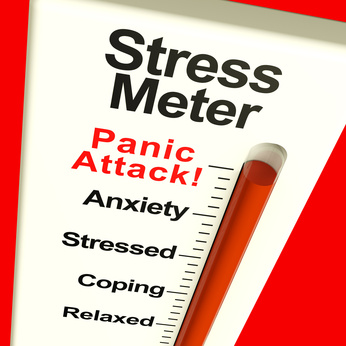Category: Anxiety
-

Lonely in Relationship with an Emotionally Unavailable Partner
Moving to a new country to be with your overseas-born partner can be an adventure. But it’s not always possible to foresee the difficulties and challenges ahead. Feeling lonely in relationship with an emotionally unavailable partner often creates a sense of neglect, particularly when dealing with the stress of unfamiliar culture. You might start feeling…
-

How to Expose Covert Abuse, Coercive Control and Gaslighting
The red-flags for covert abuse, coercive control and gaslighting in a toxic relationship usually take time to notice. We enter into coupledom in a state of vulnerability, with an open heart, and assuming our partner has the best intentions. When things go wrong, we might blame ourselves or start thinking we are unwell. Then we…
-

How to Reduce Rumination and Stress by Doing More and Thinking Less
Ruminating. Catastrophising. Panicking. All describe the breakdown of logical reasoning that happens when we are in such a state of anxiety that our thinking is paralysed. So how is it possible to stop going over and over a source of worry? The answer to reduce rumination isn’t more thinking, it’s more doing. Why Can’t I…
-

Keep Your Head: Managing Mental Health During Coronavirus in Sweden
Mental Health has become a buzzword expression around the world since the COVID19 pandemic began. When regulations and public health advice keeps us socially distant, how can go about managing mental health during Coronavirus to keep it together? The coronavirus COVID-19 is a source of stress for many English speakers in Sweden. While health authorities…
-

Emotional Self Help Books for Expats and English Speakers in Sweden
I need help with Anger Management / Distraction / ADD / Overwhelming Emotions…(strike out what does not apply) …can you recommend any self help books for expats to read? Clients are often asking me for book recommendations. While self help books for expats aren’t the same as therapy or coaching sessions, they have their place…
-

Sleepless in Summer: 6 Steps to Better Sleep in Sweden
What can I do to improve my sleep?What are the steps to better sleep? Is it normal to have trouble sleeping in the summer in Sweden? ? Insomnia or having trouble sleeping is not just a summer problem for expats in Sweden. Concerns about getting better sleep extend to native Swedes and across the year.…
-

Anxiety Therapy in Stockholm: Walk and Talk or Talk and Tea… You Choose!
Treatment for Anxiety is now attracting the same attention given to Depression over recent years. And it’s no wonder. Many people are unaware that Anxiety is affecting their lives and as a result become confused as to how to better approach their symptoms. Talk therapy can offer new ways of responding to Anxiety, and you…
-

Swedish Culture Shock: 5 Practical Ways to Deal with Stress
Providing counselling services for expats in Stockholm, I’m often helping my clients to manage and find ways to relieve stress. This stress might be related to cultural factors including the difficulty many report in making friends with Swedes or it could be to do with a close relationship or marriage. It can be associated with…
-

Life Coaching in English to Turn Your (Swedish) Life Around
Not adjusting to life in Sweden? Worried about your mental health? Can’t concentrate and think you have ADD or ADHD? Struggling with the winter? Don’t let the darkness, Snökaos (snow chaos) or winter blues drive you to depression. Whether you choose to do it in-person or by webcam, you might just need a few sessions…
